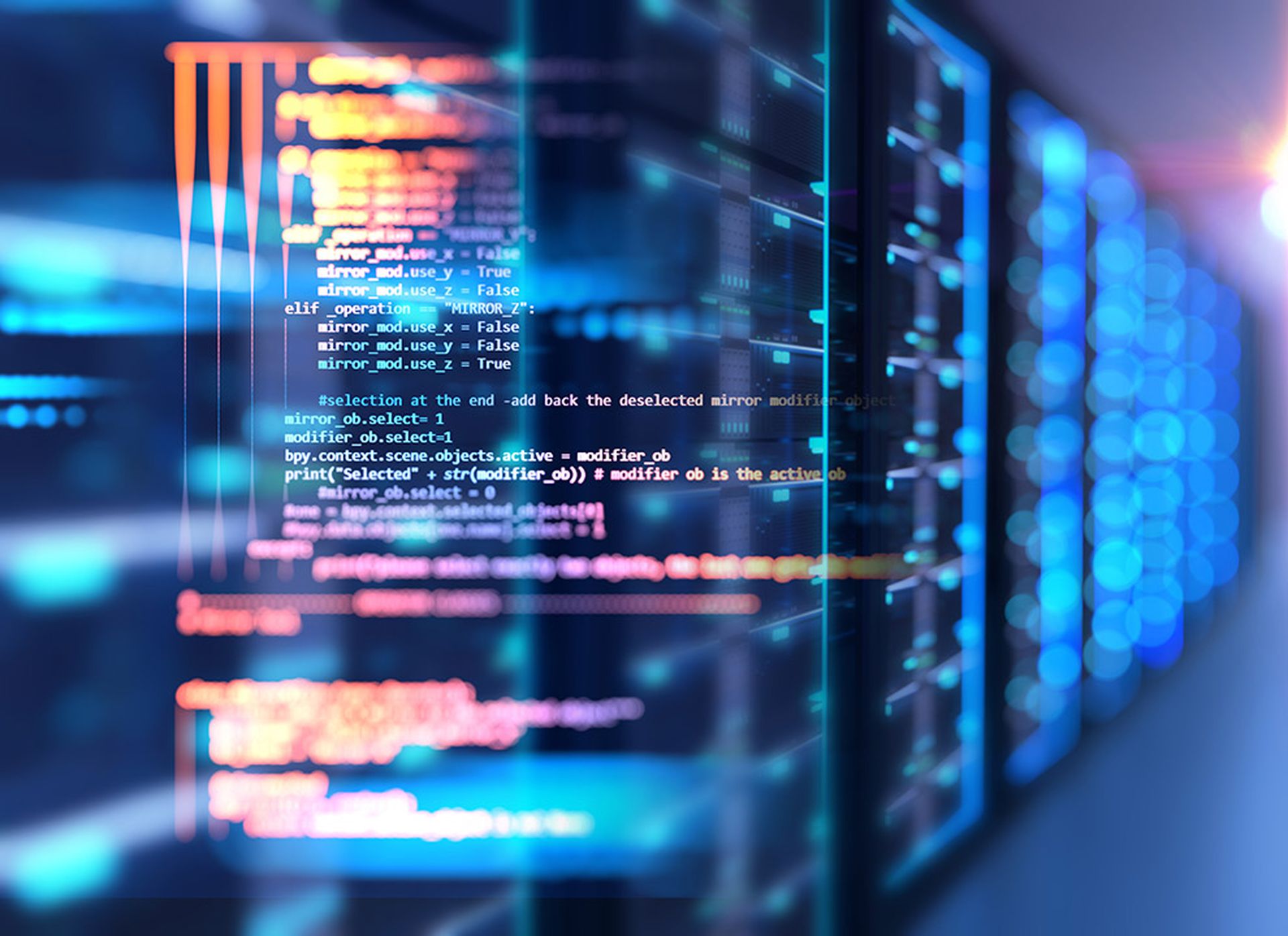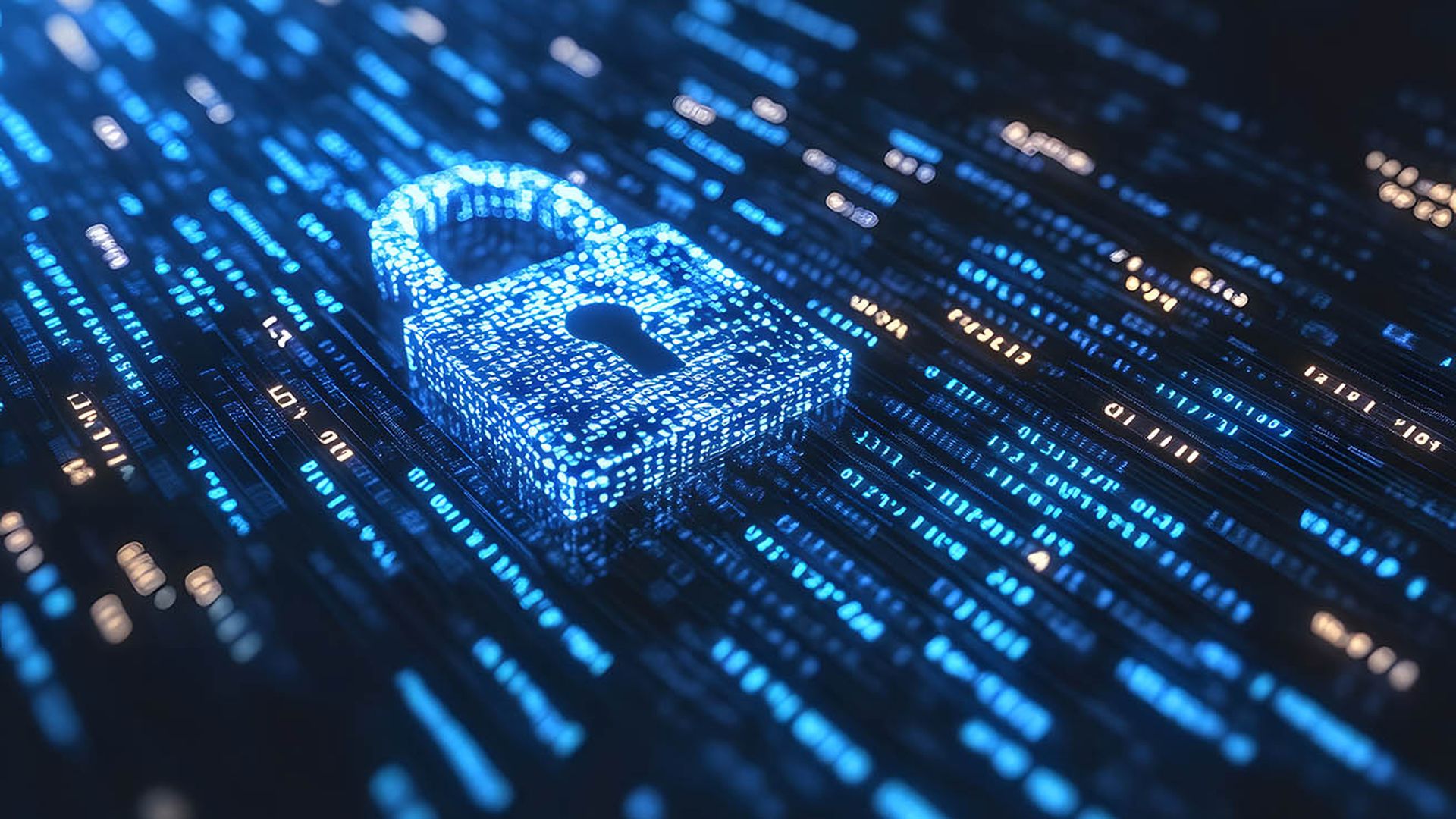Tenable has completed its Alsid acquisition and released Tenable.ad to help organizations secure their Microsoft Active Directory (AD) environments, according to a prepared statement. The news comes after Tenable announced plans to acquire Alsid for $98 million in February 2021.
The Alsid acquisition allows Tenable to help security professionals to use its vulnerability management tools to identify the vulnerabilities likely to be leveraged in a cyberattack, the company said. It also enables Tenable to deliver Tenable.ad, which security professionals can use to identify and prevent AD attacks.
Tenable.ad uses Alsid technology to help organizations disrupt AD attack paths before cybercriminals can exploit them, the company said. It identifies and mitigates AD attacks without agents or privileges.
In addition, Tenable.ad allows organizations to check the security of Azure Active Directory Domain Services, Amazon Web Services (AWS) Directory Service or Google Managed Service for Active Directory in real time, the company indicated. This ensures organizations can use Tenable.ad to respond to AD attacks before they cause long-lasting damage.
Tenable.ad is now generally available. It can be deployed on-premises or as a SaaS solution.
What Does the Future Hold for Tenable?
Tenable looks poised to capitalize on demand for AD security solutions. It also could explore ways to bolster its cyber exposure platform.
Along with launching Tenable.ad, Tenable in February 2021 appointed Alsid founders Emmanuel Gras and Luc Delsalle to senior leadership roles. Gras and Delsalle are focused on the development of AD security solutions.
Furthermore, Tenable in January 2021 updated its MSSP partner portal. In doing so, Tenable's MSSP partners can use the portal to self-provision and self-service their own Tenable.io instances and launch vulnerability management services in minutes.
Tenable offers a cyber exposure platform used by over 30,000 organizations globally. The company's customers include more than 50 percent of the Fortune 500, 30 percent of the Global 2000 and several government agencies.




